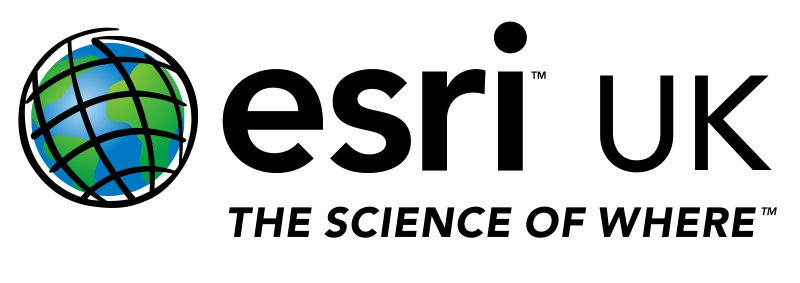Helping Local Government to publish data
/“It is important for the government to release data it holds, such as information on where money is spent and how well public services are performing. Not only does this let people hold government to account, but it can also help to improve efficiency, give people choice in using public services and contribute to economic growth” (Gov.UK, July 2014).
The Local Government open data incentive scheme is designed to encourage councils to publish open data in a consistent format on popular themes. Three themes are in scope from June 2014 to March 2015: planning applications, premises licenses and public toilets.
The benefit of a scheme like this is that it will demonstrate how the local government sector can work together to publish data from disparate sources in a consistent data resource and make valuable information available for wider use.
Councils are paid £2,000 per theme for publishing data in the correct format. A further £1,000 is paid if a council publishes data for all three themes.
Read the blog from Heather Savory, Chair Open Data User Group.
From entrepreneurs building their next app to academics making a breakthrough, your community needs its Local Authorities’ open data. Open data allows anyone to view, download and reuse however and with whomever they want. It empowers the public to unlock the value inside authoritative data.
All three of the themes in scope have a geographic reference and can be best visualised, analysed and shared using a map – indeed the data already probably exists within your Geographic Information System or GIS-enabled planning and licensing applications. So how can you most easily open up access to the data?
Releasing open and reusable data couldn’t be more simple.
ArcGIS Online provides you with everything you need to meet the criteria of this incentive scheme and be entitled to the pay outs available. ArcGIS Online is Software-as-a-Service, meaning no changes to your local IT in order to publish the data. You can start leveraging the benefits of using the Cloud immediately.
With an ArcGIS Online subscription, you can build your own Open Data website and customise the look and feel in minutes. When it’s ready, the public can explore your data with interactive maps and charts or search and download with ease.
The ArcGIS Open Data template is a readymade SaaS solution that allows the public to choose the format to download your data into, either as a CSV – the format mandated in the incentive scheme – or KML, an Open Geospatial Consortium format or Shapefile, a de-facto industry-standard.
In addition, you will exceed the base requirements of the incentive scheme and give developers the chance to interact with your data. The ArcGIS Open Data template will publish your data to an API, in both GeoServices REST and GeoJSON formats.
Your theme data can remain on your internal servers, or can easily published to ArcGIS Online’s cloud storage, letting ArcGIS take care of the uptime, performance and scalability of your open data service.
How the public will download your data from ArcGIS Online Open Data
Once they have found the data, they choose the format you want to use. You can download:
From the search results, click the download icon; or from the dataset profile page, click Download Dataset.
Click one of the download options to begin the download.
Examples
Want to know more about how public sector organisations are sharing their data through powerful ArcGIS applications?
Harrow Council – The True Spirit of Open Data
In this article published in Government Computing (July2014), Matt Pennells from Harrow Council, discusses the need to make open data not just open, but also accessible, interactive and easy to use and share.
Read how Sport England has used ArcGIS to visualise and analyse the spatial relationships between multiple datasets, Sport England is able to make better decisions on where investments will have the greatest impact.
Explore how the Vaccination Tracking System (VTS) follows the progress of teams vaccinating children against Polio in Nigeria. Locally, all actors of the campaign are able to access the resulting analysis to make adjustments for the next day activities.

